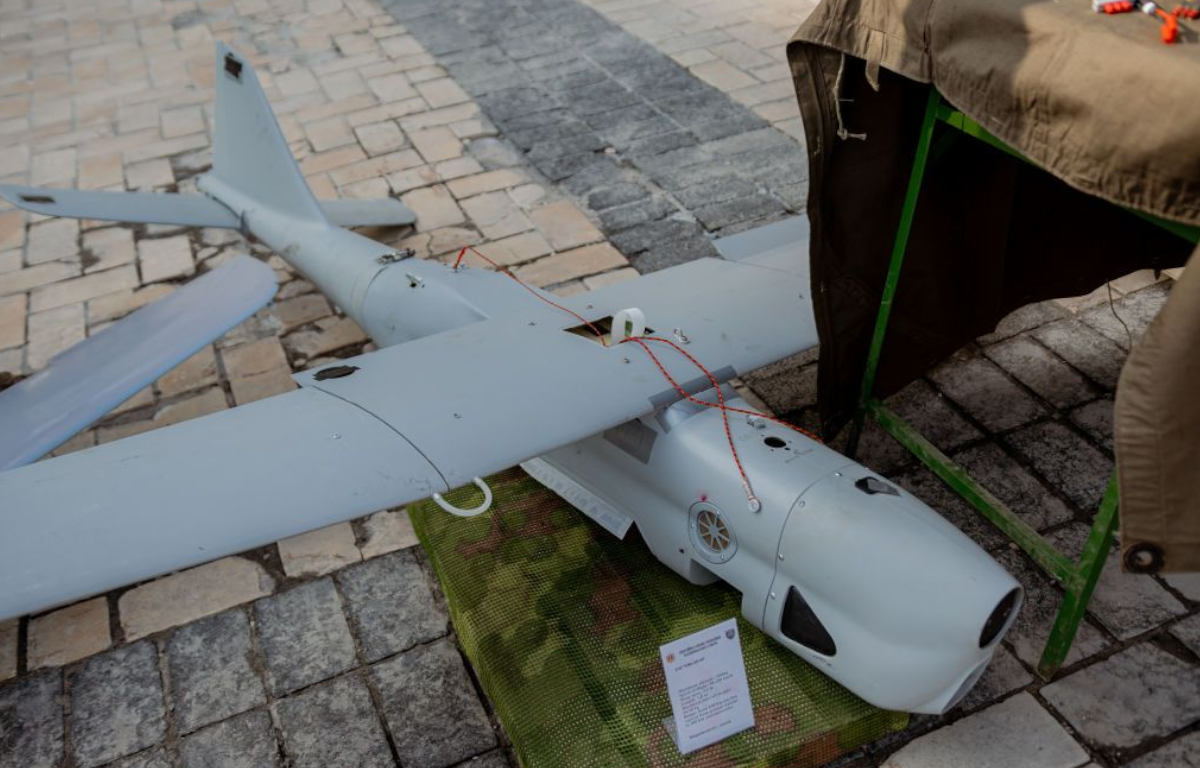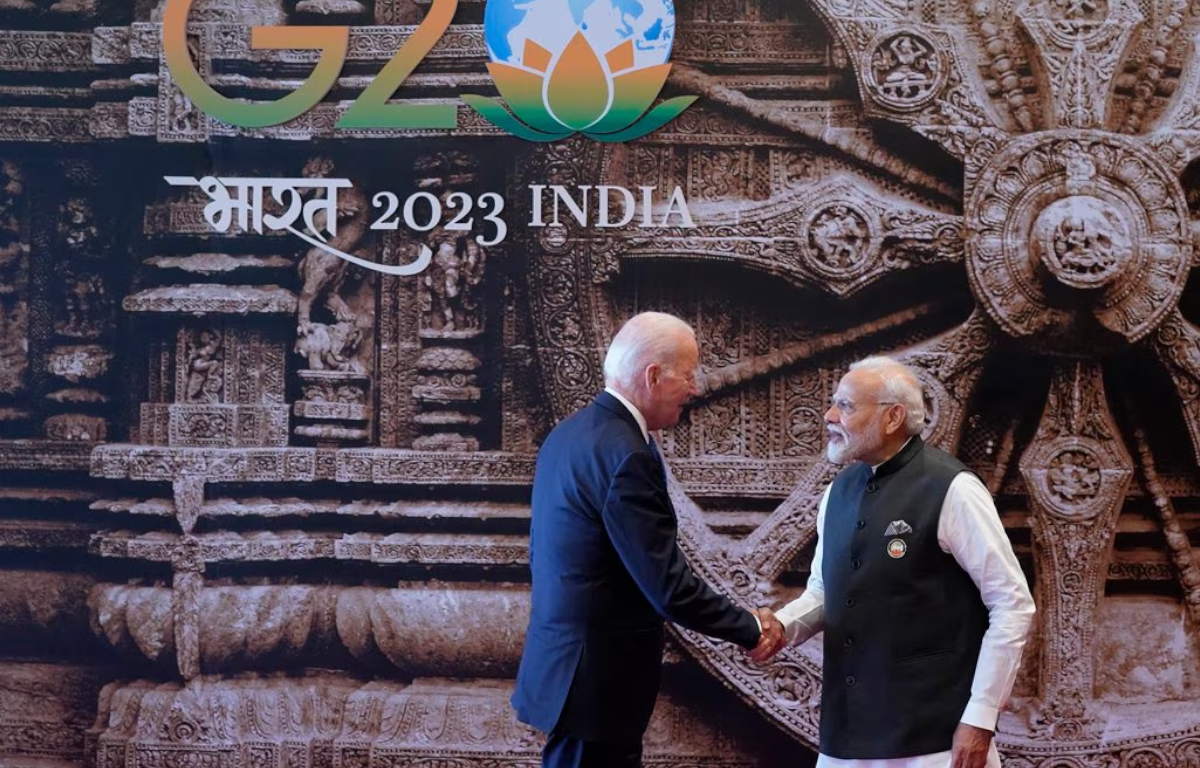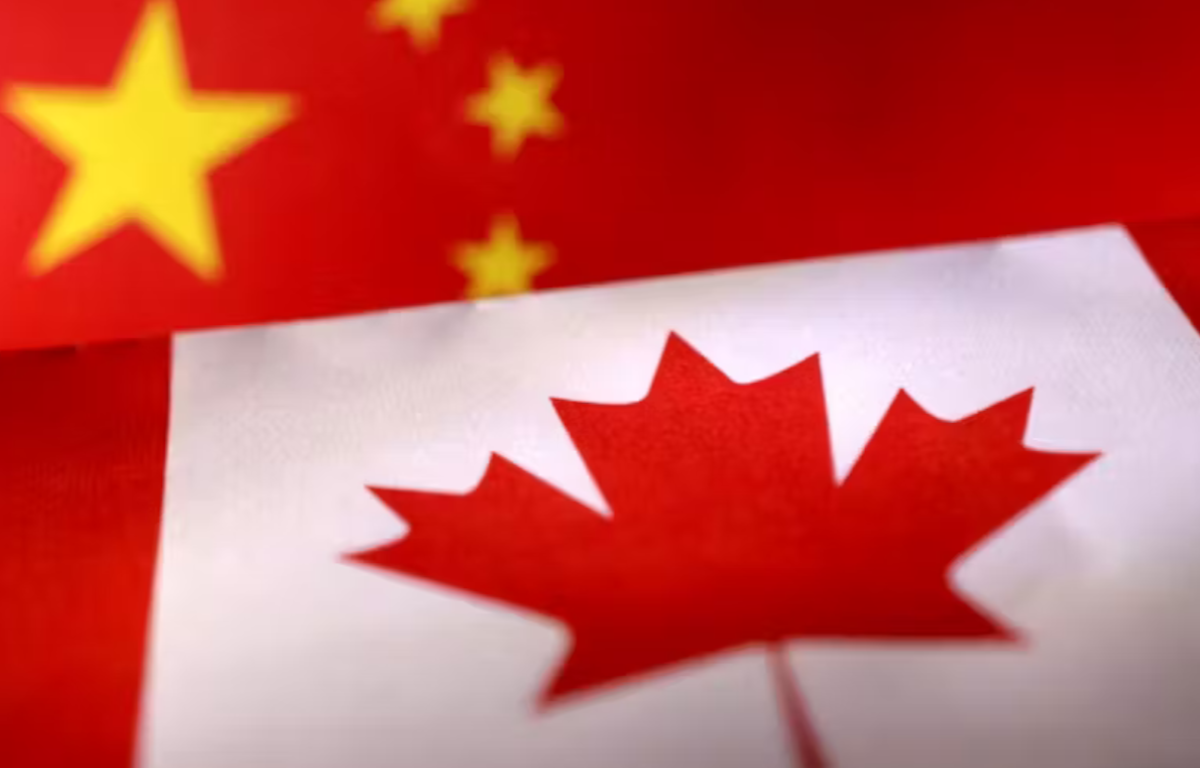
Amidst escalating geopolitical competition in the Indo-Pacific, the United States is strategically countering China’s expanding influence by fortifying alliances in the Pacific Islands. A significant development in this regard is the recent renewal of a crucial defense agreement between the US and the Federated States of Micronesia. As President Joe Biden prepares for his forthcoming visit to Papua New Guinea (PNG), this article explores the US strategy to counter China in the Pacific Islands, highlights the significance of the renewed pact with Micronesia, and analyzes the potential implications for the broader geopolitical landscape.
In the highly contested Indo-Pacific region, both the US and China are vying to extend their influence and safeguard strategic interests. China’s ambitious Belt and Road Initiative, coupled with increased economic and diplomatic engagements in the Pacific Islands, has raised concerns among US policymakers. Recognizing the need to address these challenges, the US has been actively pursuing a comprehensive strategy to strengthen partnerships in the region.
A notable development in the US approach is the renewal of the Compact of Free Association with the Federated States of Micronesia. This agreement signifies a critical milestone in consolidating defense cooperation, bolstering economic ties, and reiterating the US commitment to Micronesia’s security and overall well-being. By solidifying its presence in the Pacific Islands, the US sends a clear message of support to other nations grappling with China’s expanding influence.
In line with its overarching strategy, the US is focused on strengthening regional alliances. Understanding the significance of robust partnerships, the US engages in diplomatic initiatives, aids programs, and capacity-building efforts to enhance the security, governance, and economic development of Pacific Island nations. Through such measures, the US aims to cultivate collective resilience among these nations, safeguarding their interests and sovereignty against external pressures.
President Joe Biden’s upcoming visit to Papua New Guinea assumes considerable importance in the US strategy to counter China’s influence in the Pacific Islands. This visit serves as a significant milestone, underscoring the US commitment to direct engagement with regional leaders and the strengthening of ties amidst geopolitical challenges. It offers an invaluable opportunity for the US to demonstrate unwavering support to Papua New Guinea and other Pacific Island nations, reaffirming the US as a reliable and trusted partner.
The US efforts to counterbalance China’s influence in the Pacific Islands carry profound implications for the broader geopolitical landscape. By reinforcing partnerships, displaying commitment to regional security, and promoting stability, the US aims to establish a balanced and secure environment in the Indo-Pacific region. This strategic approach also seeks to uphold international norms, foster transparency, and ensure Pacific Island nations retain agency in their development, free from unwarranted external influence.
By strengthening alliances, engaging directly with Pacific Island nations, and demonstrating unwavering support, the US endeavors to promote a free, open, and rules-based order in the Indo-Pacific. These efforts are pivotal in shaping the geopolitical dynamics of the region and securing a peaceful and prosperous future for all nations involved.










Share this: